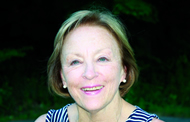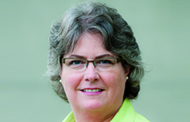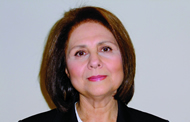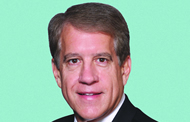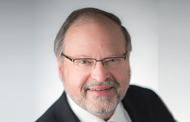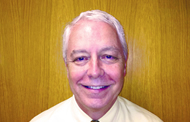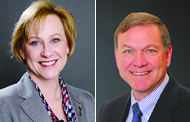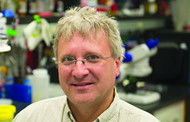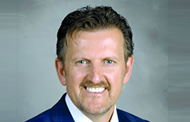
2016
-
Communication brings better LGBTQ patient outcomes
Not recognizing a patient’s self-identity can create communication barriers that clinicians may not even realize exist. Barbara Snyder, MD, will kick off a special symposium on gender and sexuality issues in medicine.
-
Stay compliant and coding savvy
Two days of pre-meeting courses at this year’s ACR/ARHP Annual Meeting offer practical tips and training to keep practices compliant and successful.
-
Participation in life roles is key metric for living well with arthritis
Activity disruption — doing things differently or not at all — is an important indicator of disease status, according to Catherine L. Backman, PhD, who will deliver this year’s ARHP Distinguished Lecture.
-
MSUS plays key role in diagnosing anterior hip pain
Ingrid Möller, MD, PhD, will describe relevant structures in the anterior hip that may generate pain during a Sunday morning symposium that’s part of the new series of “Anatomy for the Clinician.”
-
Research shows multiple roles for B cells in autoimmunity
Multiple labs have uncovered regulatory B cells, with the subset that secretes IL-10, dubbed B10 cells by the lab led by Thomas F. Tedder, PhD.
-
Engleman lecture to tell history of T cell signaling
When Arthur Weiss, MD, PhD, began investigating T cells in the 1980s, the mechanisms by which they functioned and malfunctioned were little more than a black box. The only thing that was clear was that something interacted with cells to affect genes that had something…
-
Future rheumatology supply inadequate for demand
Daniel F. Battafarano, DO, MACP, FACR, said that 50 percent of rheumatologists are Baby Boomers and likely to retire over the next 15 years.
-
Past presidents of ACR, ARHP share advice for navigating the Annual Meeting
To get the most out of the Annual Meeting experience, all attendees are invited to attend the ACR/ARHP Annual Meeting Orientation session on Sunday. The session will be led by William St.Clair, MD, ACR Past President, and Kamala Nola, PharmD, MS, ARHP Past President.
-
Growing evidence shows that not all OA is the same
“Osteoarthritis is by far the most common form of arthritis and has gotten much less attention than many of the other more obviously inflammatory forms,” said Frank Beier, PhD.
-
Evidence indicates stem cell therapy has benefits for regeneration and tissue repair
Johnny Huard, PhD, will discuss the evidence supporting cell-based therapies for joint tissue repair, as well as current stem cell applications in the treatment of arthritis.
